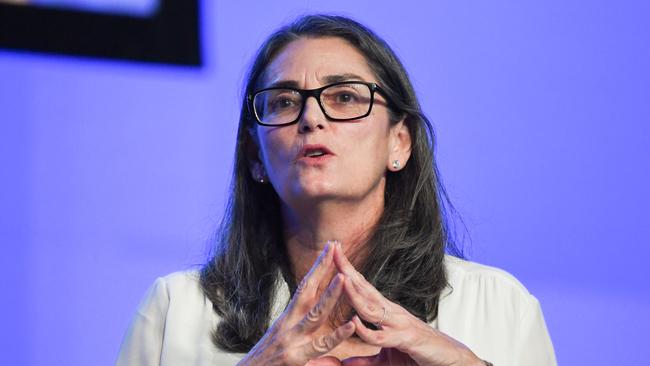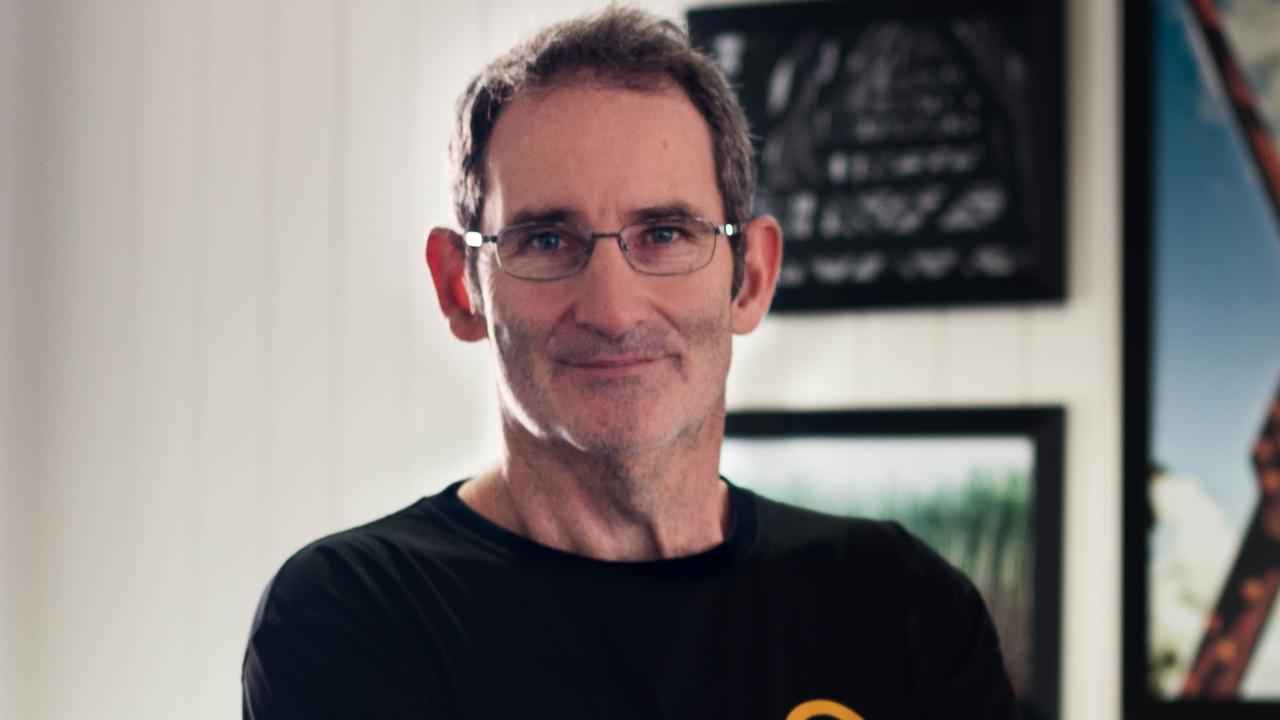‘No margin for error’ in energy supply
Energy Australia chief executive Cath Tanna says Australia must get better at managing the closure of large power stations.

Energy Australia chief executive Cath Tanna says Australia must get better at managing the closure of large power stations, with no margin for error as 12 mainly coal-fired plants face retirement in the next 30 years.
Ms Tanna said consumers had paid for the industry to learn the lessons of the 2017 Hazelwood closure that sucked 25 per cent of Victoria’s baseload power out of the system, even though the withdrawal had long been anticipated.
“Now, the stakes are even higher: when Hazelwood shut, we lost the slack in the system. Today, there is no margin for error,” Ms Tanna told an energy summit in Sydney on Thursday.
“If replacement capacity isn’t ready to go, and we haven’t planned to manage impacts on communities, we will repeat Hazelwood.”
The Hazelwood closure spiked annual household electricity bills 20 per cent higher as the wholesale market contracted, and sparked a fight between the federal government and AGL Energy over the scheduled closure of the Liddell coal-fired plant in 2022. AGL has since agreed to delay the closure by one year to 2023 but is being monitored by a taskforce considering how to deal with the list of looming closures.
Ms Tanna said decarbonisation of Australia’s energy system via the closure of coal-fired plants and increased renewable energy was inevitable. “It isn’t whether we’ll get to net zero emissions, it’s when and it’s how.”
The comments come amid a stand-off over national emissions policy and complaints from generators and financiers that the policy uncertainty and heavy-handed interventions such as retail price caps and “big stick” divestment orders were deterring investment for necessary renovation of the national electricity market.
But the increasing urgency of fixing the affordability, reliability and emissions of the national energy market has been backed by a range of industry players this week, with the chief executive of the Australian Energy Market Operator, Audrey Zibelman, on Wednesday saying Australia “can’t afford to run an economy where people are worrying about keeping the lights on, on a hot day”.
“Time isn’t on our side, the transition is occurring and we need to get on with it,” she said.
AEMO warned in July that Australia faced heightened risk of blackouts this summer if prolonged outages at the Loy Yang coal-fired plant and the Morwell gas generator were not fixed by Christmas. Energy Australia’s Yallourn coal plant is also seen as vulnerable to early closure because the influx of rooftop solar into the system has killed demand in the middle of the day, leading to negative prices that could render the generator uneconomic.
Australian Competition & Consumer Commission chairman Rod Sims on Thursday questioned the lack of investment in fast-starting gas generation plants that were cheap to install and could improve the reliability of increasing amounts of intermittent renewable energy.
“Many commentators have noted that the influx of renewables into the National Electricity Market is creating greater volatility in the wholesale market as security of supply is increasingly affected by the weather,” he said.
“Fast-start gas generators are relatively cheap and quick to install and the cost of gas is negligible if the plant targets peak spot market electricity prices.”
Ms Tanna said the transition would not only be about technology.
“It’s whether the clean energy transition will work for everyone in Australia, no matter where they live or how much they earn.
“Will we make energy cleaner, reliable and affordable for all? Or will people get left behind?”



